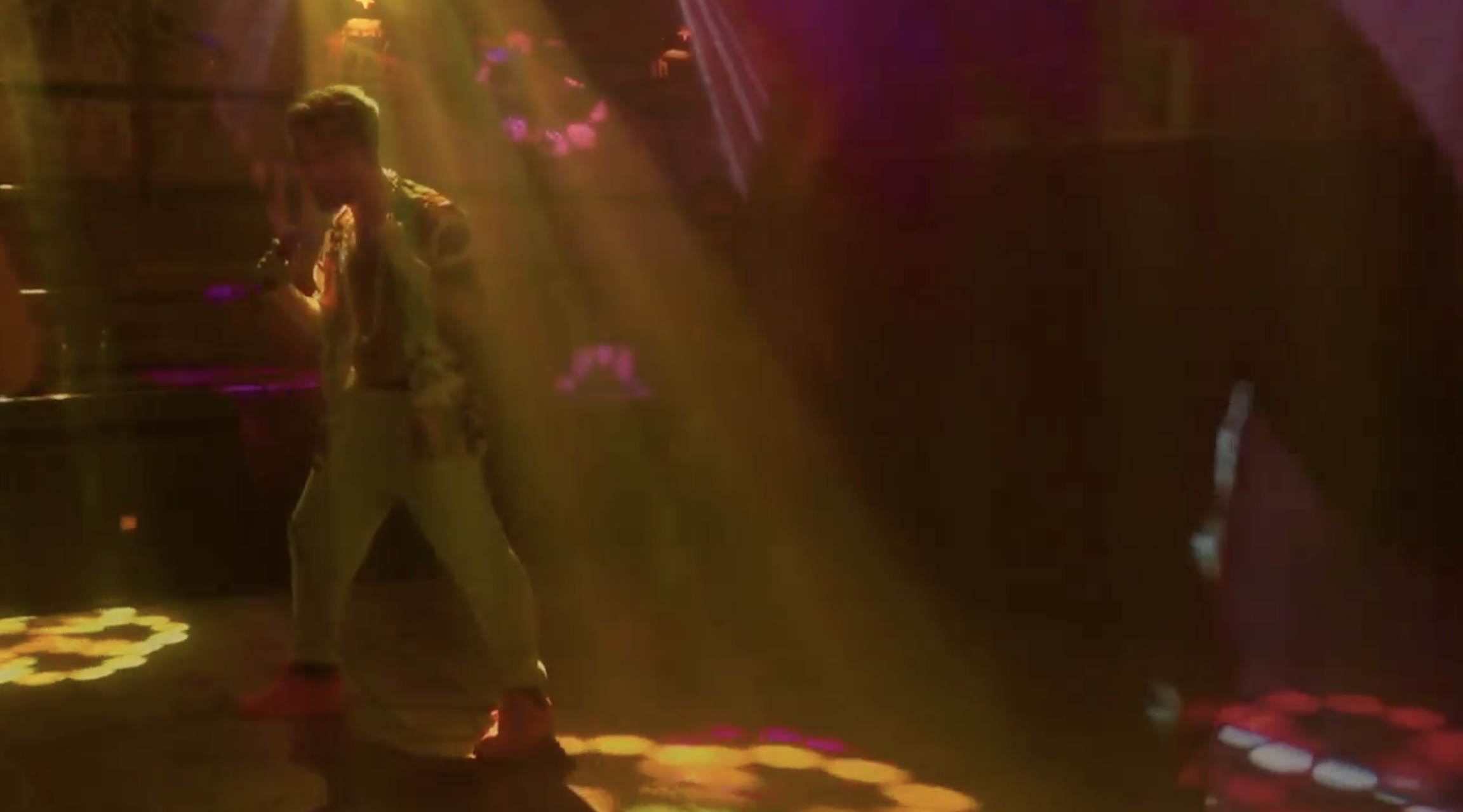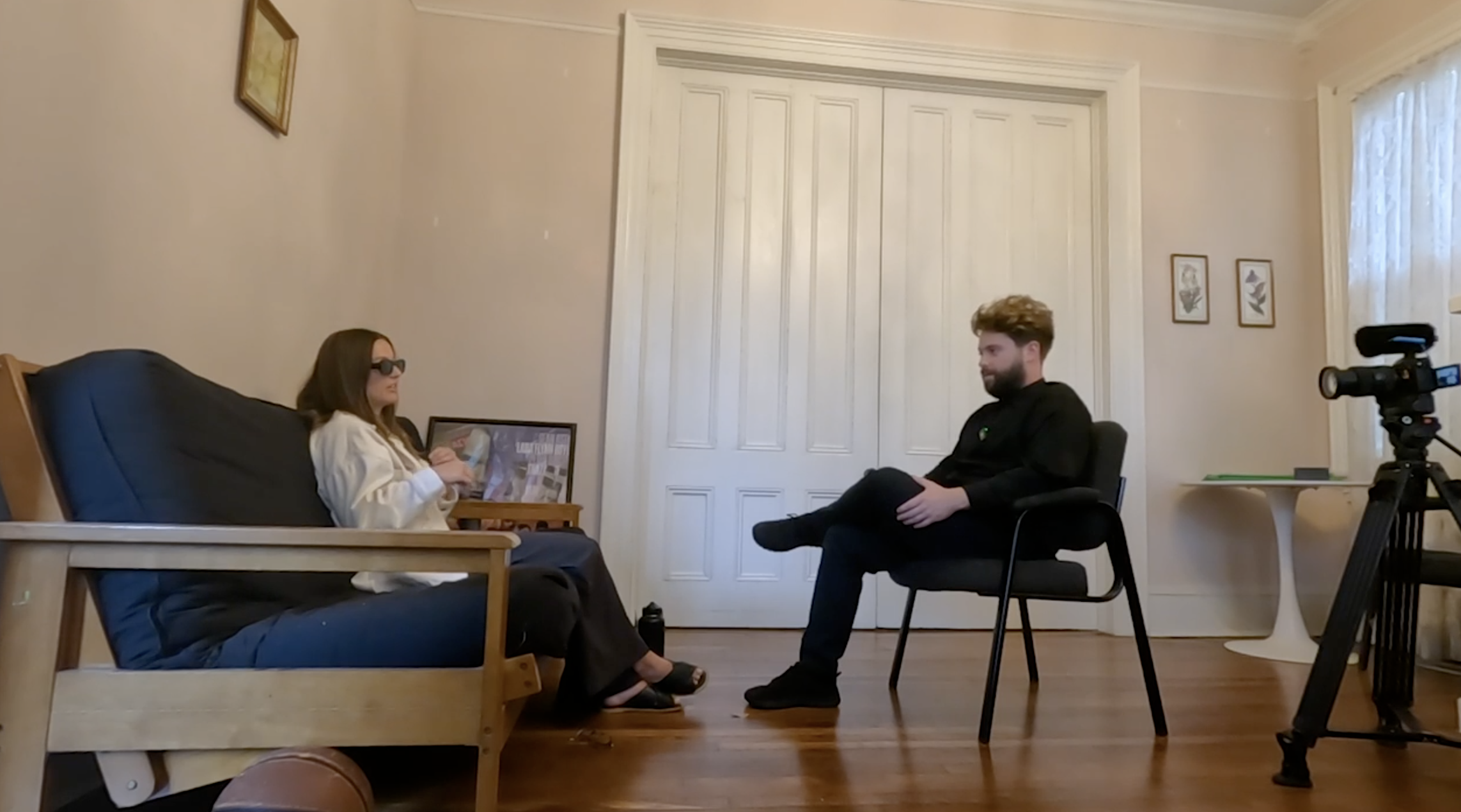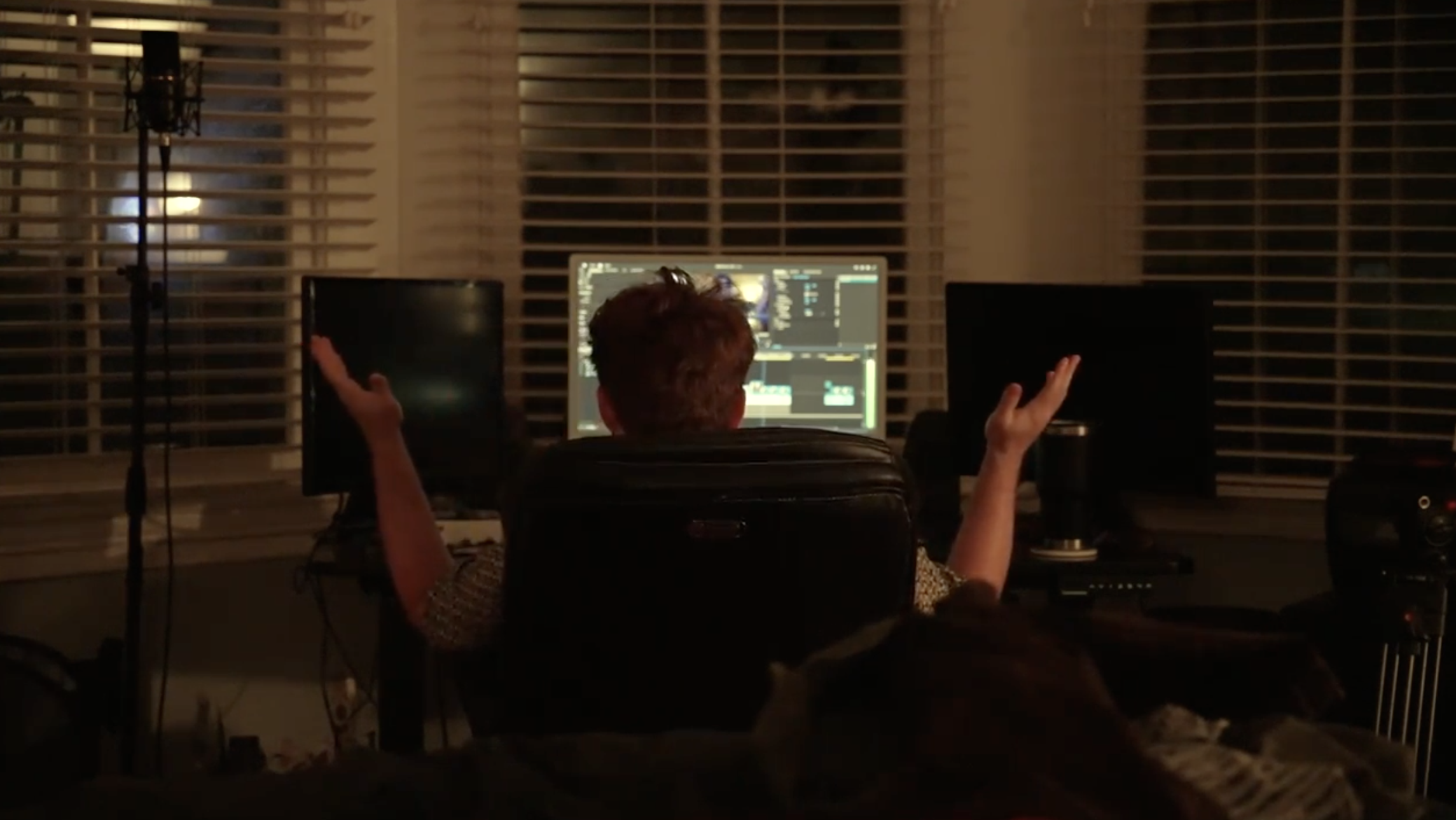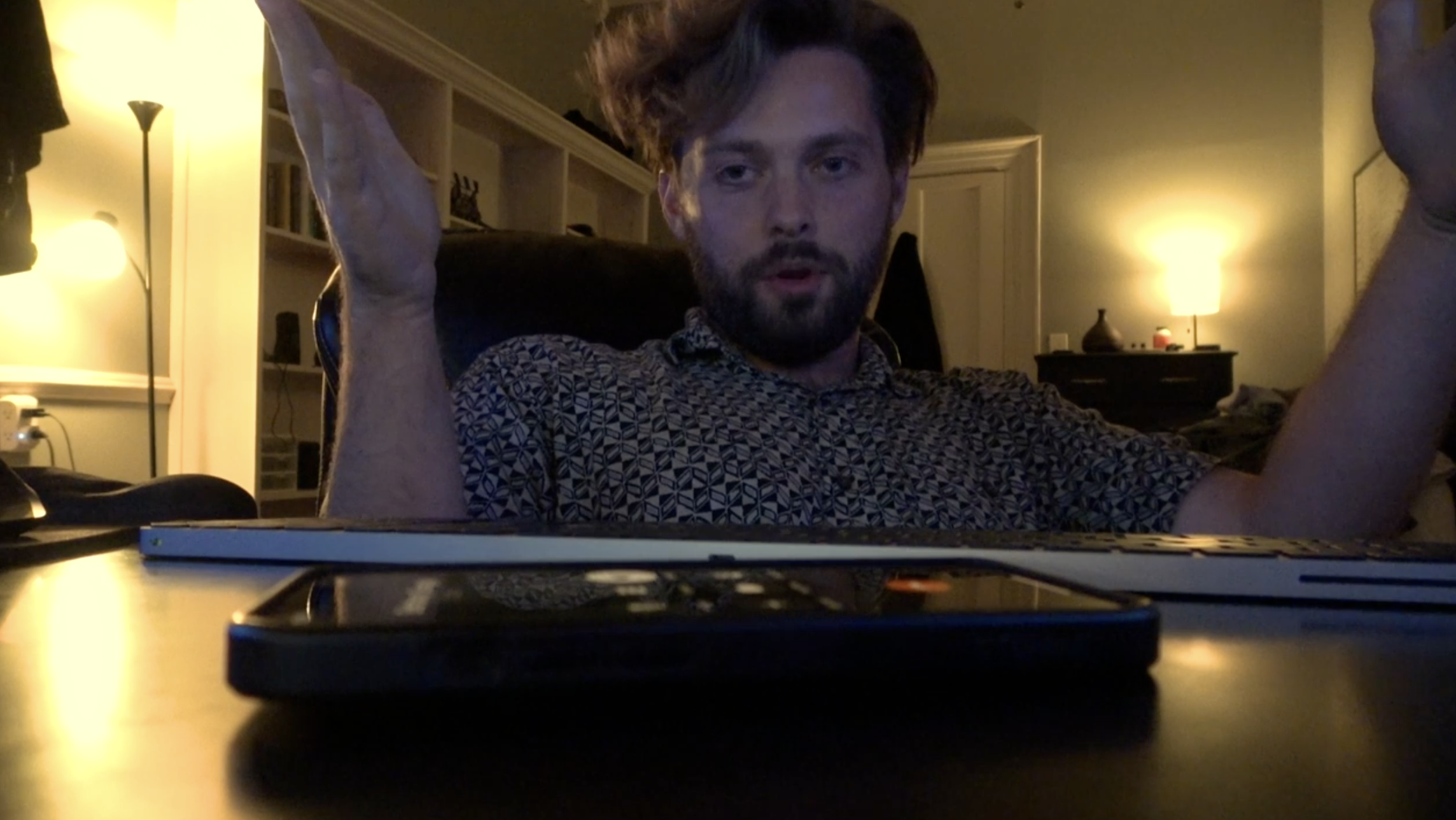Cameron Smith’s The Loneliest Boy On Earth isn’t just a film—it’s a confession, a reckoning, and an open wound. The first episode of what will become an eight-part autobiographical documentary psychodrama series (available now for free on YouTube), this initial installment functions not only as a film, but as a mirror held uncomfortably close to the face of its creator—and, by extension, to us.
Equal parts hyper-meta performance art, tragicomic therapy session, and millennial fever dream, The Loneliest Boy On Earth follows Smith as he interrogates his most painful vulnerability: love, or more precisely, the inability to sustain it. What begins with failed Tinder dates and existential dread quickly spirals into a kaleidoscopic exploration of rejection, obsession, addiction, grief, spiritual rebirth, and emotional masochism. It's funny. It's horrifying. It's true.
Using a blend of personal footage, interviews, self-narrated vignettes, and brutally honest voiceover, Smith excavates his own life with surgical precision and zero anesthesia. The documentary pulls no punches. It opens with Smith’s admission that he’s nearly 30, broke, smoking weed in front of a mirror, and still clinging to delusions of grandeur—all while knowing, on some level, that these delusions may be his last defense against despair.
From there, the film traverses his childhood as a weird, video-making high school outsider; his brief romantic salvation in a college relationship; and the slow-motion implosion of that love when it clashed with his creative ambitions. After that, it’s a steady descent into sexless longing, artistic overcompensation, LA disillusionment, and, eventually, a full-blown spiritual crisis.
But what’s remarkable is that the self-deprecation never feels performative. Smith doesn’t just say, “I’m broken”—he shows you the blueprints.
Using his camera like a scalpel and a shield, Smith navigates heartbreak through art: releasing albums (Camona Virus and Love Songs for Absolutely No One), failed film shoots, surreal stand-up routines, and increasingly surrealist attempts to connect with women. The infamous story of “Ivy”—the ice cream shop girl with whom Smith falls in love almost immediately—is a perfect encapsulation of the film’s tone: sincere, absurd, beautiful, and doomed.
He writes her songs. She ghosts him. He dresses as a pig to return her earring at a pop-up market. It’s part Wes Anderson, part Harmony Korine, part Jordan Peterson fever dream. But underneath the spectacle is something frighteningly earnest: a man trying to transmute rejection into revelation.
And it works.
The more unhinged and chaotic the stories become—masturbating in his dead father’s bed, stand-up bits about Down syndrome porn, sobbing over half-written songs—the clearer the film’s thesis becomes: isolation is not a modern inconvenience; it is a spiritual sickness. And The Loneliest Boy On Earth dares to suggest that truth-telling, however cringeworthy or embarrassing, might be the only real antidote.
Smith openly cites Jordan Peterson and David Lynch as guiding influences in his transformation—from suicidal nihilist to voracious seeker. Clips of Peterson’s lectures on suffering, honesty, and the divine purpose of truth appear frequently, not as memes but as sincere medicine. Smith’s "awakening," as he describes it, is less a conversion and more an eruption: suddenly, everything becomes sacred—books, dreams, even heartbreak.
By the end of the film, he is no longer simply performing his pain. He’s integrating it.
A standout moment occurs when Smith turns the camera outward, asking strangers at a mall, “Why am I so lonely?” What could’ve been a gimmick becomes a poignant cross-section of modern disconnection. Some people laugh. Some offer spiritual advice. One woman, Felicia, offers him a bottle of water and momentary peace.
That moment sums up the film’s strange alchemy: the ability to mine something true and moving from what initially appears to be performance or provocation. Cameron Smith’s vulnerability is not a marketing tactic—it’s the substance of the art.
As the first episode of an upcoming eight-part series, The Loneliest Boy On Earth sets an incredibly high bar. It’s not just bold—it’s dangerous. Not because of its edgy humor or controversial moments (though it has those), but because it risks everything on sincerity. It dares to ask whether being real in an age of filters, brands, and personas is still possible. Or worthwhile.
It also carves out a unique space in the world of autobiographical filmmaking. Fans of Nathan Fielder (The Rehearsal) and Bo Burnham (Inside) will find familiar DNA here—but Smith’s voice is wholly his own: messier, hungrier, more chaotic, more divine.
The Loneliest Boy On Earth is not for everyone. It is intensely personal, sometimes abrasive, and frequently uncomfortable. But it’s also one of the most honest pieces of media in recent memory. A documentary psychodrama that’s also a mirror maze, a spiritual autopsy, and a love letter to anyone who's ever begged the universe to just “feel something,” even if it hurts.
If you’ve ever felt unseen, unloved, or artistically alone—watch this film. And get ready. Episode one is only the beginning.
Jessie Hobson










